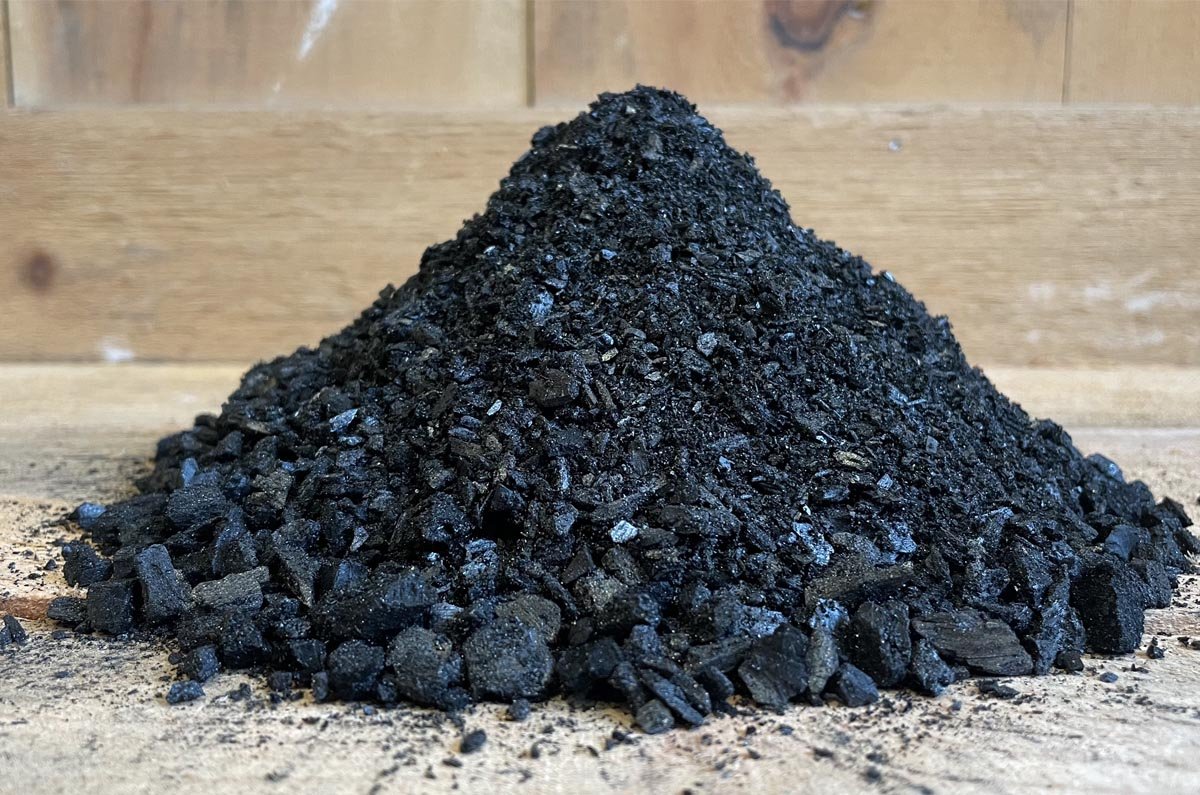What is Biochar?
Ever heard of biochar? For most home gardeners, chances are that it’s a brand new term.
In short, biochar is a charcoal compound added to soil that makes it more fertile. Biochar has a long and complex history of use in indigenous farming throughout West Africa and the Amazon rainforest where the incredible results can be seen even today.
Many scientists believe this ancient agricultural technique has the potential to increase crop yields and remove carbon dioxide from the atmosphere at the same time.
But what does any of this have to do with your home garden? You might not be running a high-yield farm or trying to capture carbon. But biochar has a host of benefits to the soil in your yard or garden and can increase your fertility significantly. If your home is built on infertile ground, trying to grow anything can be frustrating. Biochar can help revitalize poor soil and can help increase the harvest and yield in your vegetable garden.
Biochar is technically a soil additive, or enhancer, that helps soil to create, sustain, and replenish the growing environment for plants and organic life to thrive within.
The name comes from its main component, charcoal and is the primary substance in biochar responsible for maintaining a versatile spectrum of other essential elements necessary for life. It is not the same as just charcoal though, so you can’t just empty the ashes from your fireplace and expect to improve your soil.
The word “biochar” takes “bio-” as in “biomass” and “char” as in “charcoal” and puts them together, because that’s actually what it is.
European settlers in South America called it terra preta de Indio, which is still a common name for biochar in Portuguese.
For an interesting 1-hr documentary describing BioChar’s history and how it was re-discovered in the 1950’s, search “The Secret of ElDorado-Terra Preta”.


